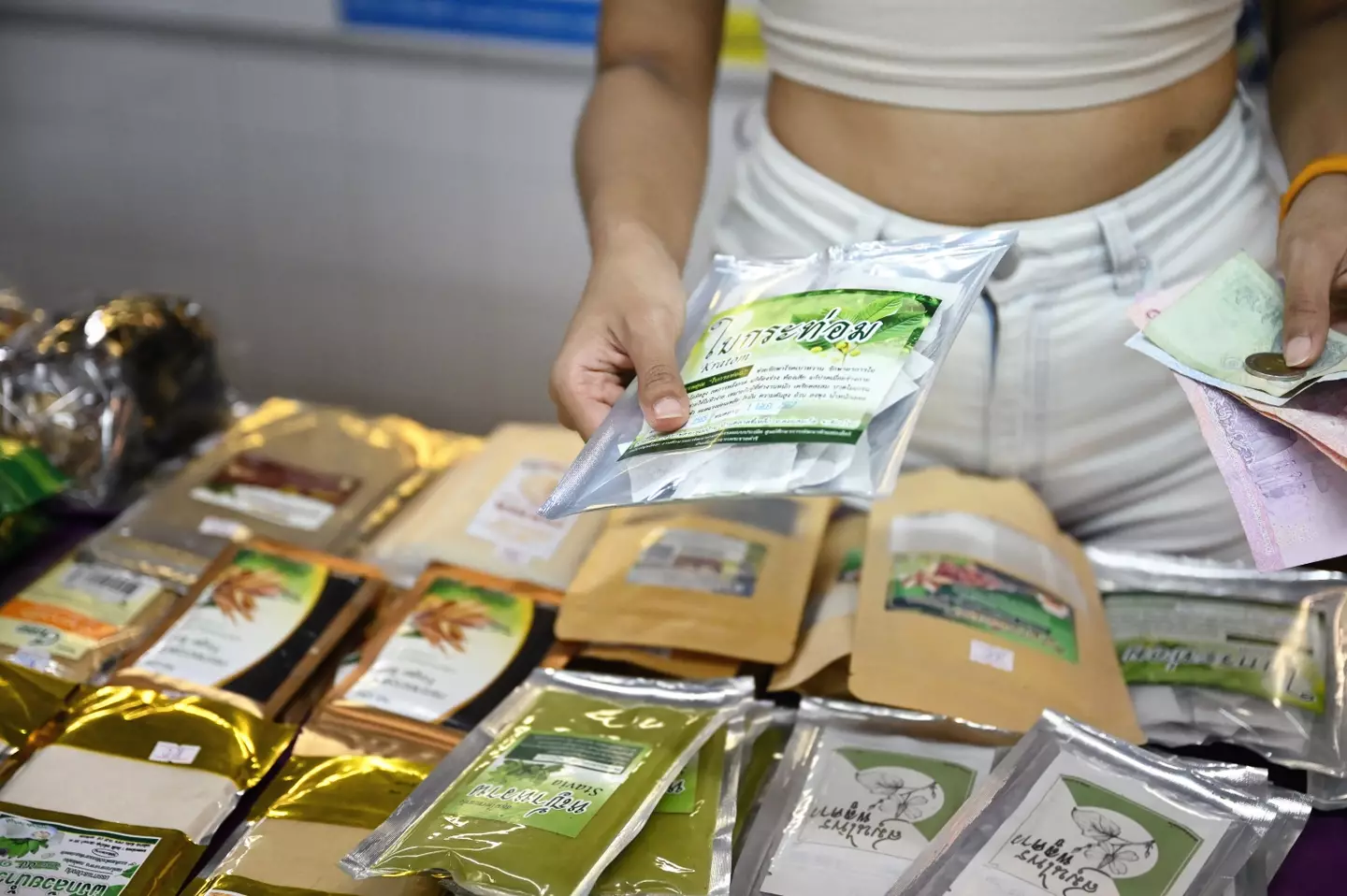
Medics have issued a warning over the potential 'opioid-like' side effects of a popular herbal supplement.
The opioid crisis in the US has led to many people developing serious issues as a result of being prescribed the medications for pain relief.
While opioids are very effective at pain relief, the more powerful opioids, which include morphine and come from the same origins as heroin, are more often used when someone already has a terminal or life-threatening illness such as cancer.
That's because opioids are highly addictive and can destroy lives, so increasing numbers of people in the US are turning to supplements to help with long-term pain management.
Advert
But one supplement in particular may also carry risks that people aren't aware of, doctors have warned.

The supplement in question is Kratom, a herbal supplement sold in tablet, oil, drink, and gummy form which is hugely popular in managing chronic pain.
Robert Levy, MD, associate professor of family medicine and community health at the University of Minnesota in Minneapolis, told Consumer Reports: “What concerns me the most is the way that it is marketed as all-natural, safe, without any side effects, an almost miracle-like cure for everything - and there’s no regulation around it."
The lack of regulation could make people more vulnerable to the side-effects of Kratom.
Oliver Grundmann, PhD, is a clinical professor at the University of Florida College of Pharmacy in Gainesville and lead author of the Journal of Psychoactive Drugs report, and explained some of the more common uses for Kratom.
He said: “Pain is definitely on top of the list. Many people who suffer from chronic pain are taking kratom to avoid taking opioids or because they had a bad experience with opioids.
“Then we see a large number of people using it for mental health: depression, anxiety, attention deficit hyperactivity disorders, as well as post-traumatic stress disorders.”

The danger is that doctors have noticed that while Kratom is completely unregulated it can act in a similar way to opioids, though the risk of overdose is much lower.
According to Consumer Reports, while it is not categorised as an opioid like heroin and morphine, it can produce 'opioid-like effects in users, such as relaxation and pain relief'.
Clinical psychologist at the University of Rochester Medical Center in New York Marc T. Swogger said: “Kratom acts on some of the same receptors as classical opioids like morphine and heroin, except that the overdose risk on kratom is a thousand times less.
“Kratom withdrawal is also substantially less debilitating than withdrawal from classical opioids - however, that doesn’t mean some people don’t really get into trouble with it.”
Most alarmingly, there is still a risk of developing dependance on Kratom.
Levy said: “As an addiction medicine physician, I have seen a fair amount of kratom use disorder.
“Kratom comes with all the risks that other opioids come with, including dependence, addiction, and withdrawal.”
